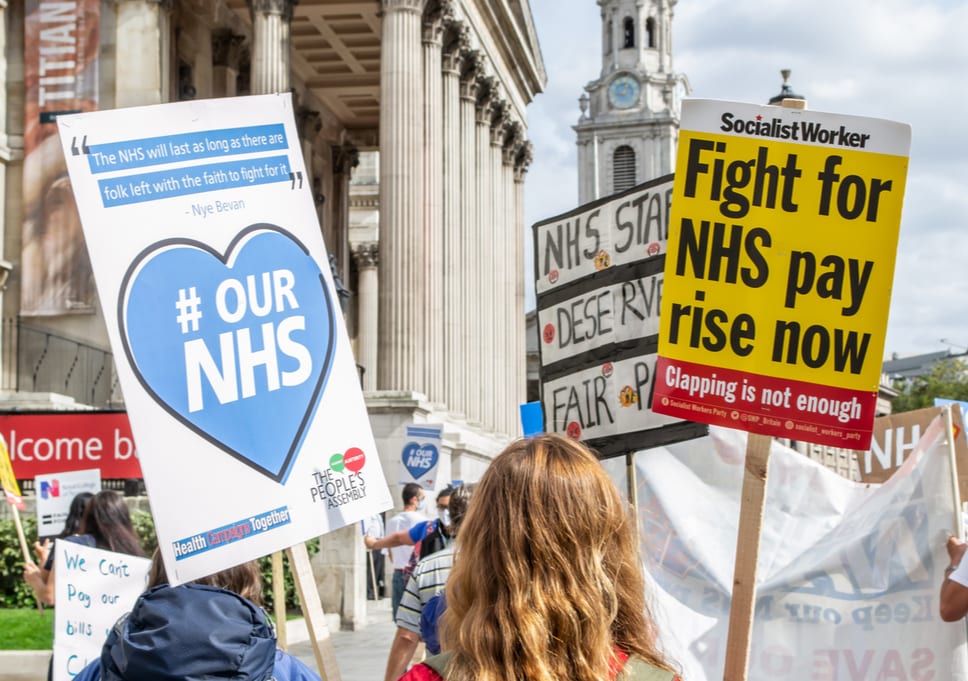Nobody can deny the fact that it is difficult to understand the legal system, hence we prefer seeking help of a law practitioner to guide us through our civil and criminal disputes. However, legal help costs a lot of money, with lawyers charging exorbitant fees even for giving legal advice.
Of course, there is nothing wrong in charging a fee if someone asks to utilize your expertise in a particular field. However, when that service is a basic human right, and if and when that right goes out of reach for a significant number of people due to inability to afford it, that’s when a problem arises.
Why Is Legal Help Important?
Many people may believe that they are best positioned to fight their cases as long as they have solid arguments and undeniable evidence to submit in the court of law. However, it’s not that simple.
Having proper knowledge of the legal system is essential to ensuring whether a wrong has been committed in the eyes of the law, and whether your case is strong enough to warrant its punishment upon the defendant.

All of this is to be provided by a legal practitioner who is no longer covered under the legal aid plan announced by the government back in 2012, when the support put in through legal aid was substantially restricted.
This meant that all those people who were seeking help through legal aid were left on their own devices without any real access to the legal system of the country.
Budget Cuts May Make Matters Worse
According to the Criminal Bar Association, some budgetary cuts are to be expected in the coming year in the justice department, with a decrease in budget of around $526 million. Of course, this poses a great problem for people, and MPs have rightfully raised a voice against this lack of access to the justice system.
According to them, this law not only undermines human rights but also creates a disturbance in the rule of law.

Harriet Harman, who is an MP and also serving as the chair of Joint Commission on Human Rights, revealed with the Independent that rights need to be capable of enforcement if they are to be even remotely effective.
Referring to the crises with legal aid in the UK, she is of the opinion that the enforcement mechanisms installed within the country are eroding as justice has become very difficult to access.
Who is Most at Risk?
Everyone will suffer from a varying degree of risks when it comes to seeking legal help now that cutbacks have been made. For example, asylum seekers can no longer fight their own legal battles as they are not covered to be provided any legal assistance for free. Hence, these asylum seekers either must forfeit their right to justice, or go through great lengths in order to muster up enough financial resource to hire one, the possibility of which is highly unlikely.
According to research figures, in the past 13 years, around 56% of providers of legal aid in England & Wales exited the system, while 64% of those working not for profit also left. Indeed, asylum seekers have been left without any access to legal help.
According to Stephen Hale, who is the Chief Executive working for Refugee Action, these asylum seekers leave conflict-stricken areas to come and have a more stable life in the UK, and provision of a good quality legal system as well as access to independent information are both promises to them which must be kept. Otherwise the asylum system ceases to remain effective.
Possible Solutions to the Crises
It is the job of the government to ensure that the most vulnerable citizens within the border of the country are protected and their human rights are safeguarded. Sadly so, considering the cutbacks in legal aid, it has become very difficult (even impossible) for the most vulnerable to have access to the legal system.
Recommendations to the government have been made whereby an urgent review has been requested to redefine the eligibility criteria that would qualify a person for legal aid. Special provisions to ensure more support in legal matters for families have also been recommended by some human rights organizations.
